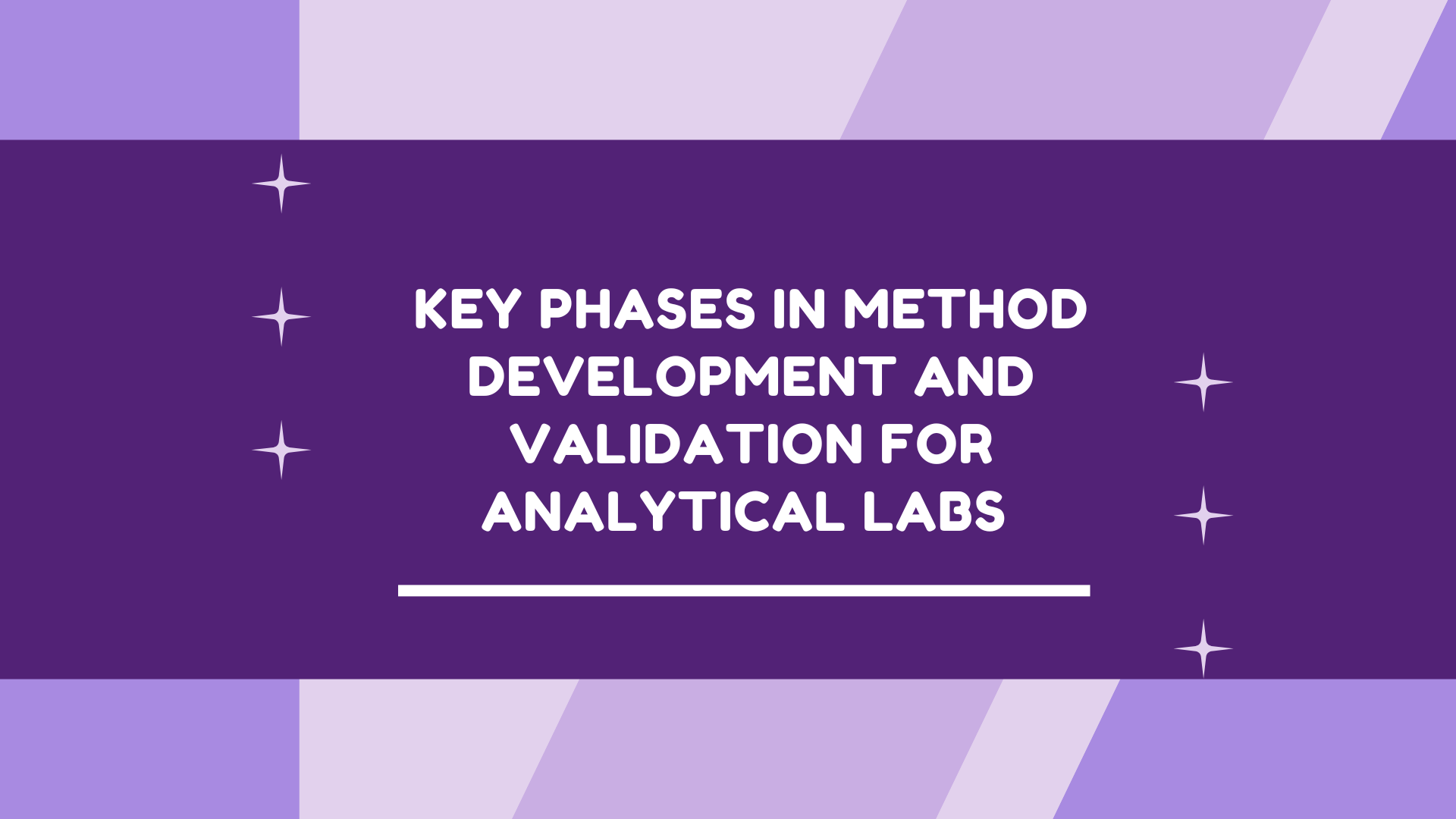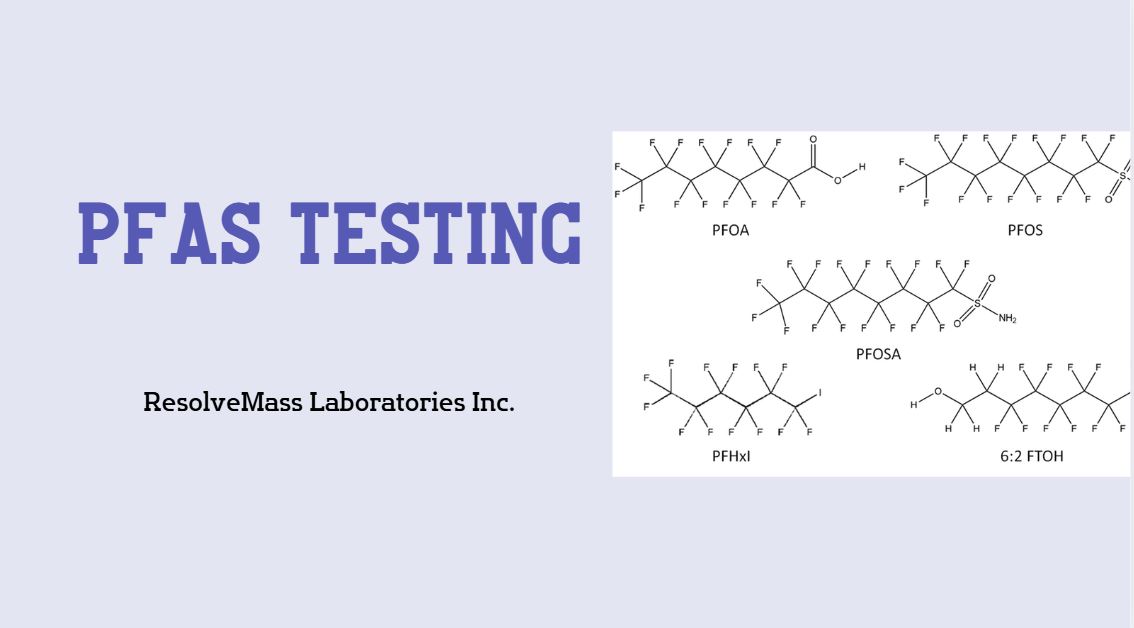Introduction – Phases of Method Development and Validation Lab
In the pharmaceutical and biotechnology industry, accuracy and compliance are critical. The Phases of Method Development and Validation Lab play a central role in ensuring that laboratory data is reliable, reproducible, and acceptable to global regulatory agencies. At ResolveMass Laboratories, we specialize in designing and validating robust analytical methods that meet international standards, giving our clients confidence in every result.
These steps are not just regulatory checkboxes—they are the foundation of patient safety, scientific credibility, and product quality. Without strong method development and validation, laboratory findings may be questioned by authorities and delay approvals. By following structured phases, labs can maintain trust in the global supply chain, reduce errors, and support innovation in drug discovery.
Summary – Key Takeaways
- Method Development ensures reliable detection and quantification of compounds.
- Validation proves the method is accurate, precise, reproducible, and compliant.
- The phases of method development and validation lab include planning, pre-validation, optimization, validation, and lifecycle management.
- Each phase involves specific parameters like specificity, linearity, precision, accuracy, and robustness.
- ResolveMass Laboratories provides specialized services including analytical method development, impurity profiling, and bioanalytical quantification.
- Regulatory agencies like FDA, EMA, and ICH mandate strict adherence to validation guidelines.
- Outsourcing to experts ensures faster approval timelines and reduced risk.
Why Method Development and Validation Matter
The Phases of Method Development and Validation Lab are essential for producing scientific results that are accurate, consistent, and regulatory compliant. When validation is neglected or poorly executed, laboratories risk regulatory rejection, failed audits, or unreliable data.
Key benefits of a proper validation process include:
- Protecting patient safety and ensuring product reliability.
- Reducing the risk of regulatory non-compliance and costly recalls.
- Accelerating approval timelines by delivering trustworthy data.
- Strengthening scientific credibility across research and development projects.
Validated methods also allow data to be compared across different sites and studies. This global consistency is especially valuable in large-scale clinical trials and international submissions, where harmonization is a must.
Key Phases of Method Development and Validation Lab
1. Planning and Requirement Analysis
The planning stage defines the purpose of the method and its performance expectations. Here, laboratories identify the target compounds, sample type, required sensitivity, and compliance needs. A detailed plan helps avoid costly rework later and ensures that the method aligns with both scientific and regulatory goals.
At this stage, risk assessment tools may also be used to anticipate potential challenges and strengthen method reliability.
🔗 Learn more about custom analytical method development.
2. Pre-Validation and Feasibility Studies
Before investing heavily in method validation, labs perform small-scale experiments to check whether the proposed approach is practical. This phase includes instrument selection, choice of solvents or detectors, and initial calibration curve designs.
Early feasibility checks save time and resources. For example, choosing the correct column or detection technique ensures that the method can be scaled and adapted without delays.
ResolveMass excels in HPLC method development services, ensuring methods are both robust and cost-effective.
3. Method Optimization
Once feasibility is established, optimization ensures that the method consistently delivers accurate and stable results. Adjustments may include improving selectivity to separate compounds, enhancing sensitivity for detection, and verifying robustness under variable conditions.
Optimization reduces the chances of failure during full-scale validation and helps laboratories adapt methods to real-world conditions where environmental and operator differences exist.
🔗 Related service: Residual solvent testing.
4. Analytical Method Validation
Validation confirms that the method works as expected and complies with regulatory guidelines.
Validation parameters:
| Parameter | Definition | Example Test |
|---|---|---|
| Accuracy | Closeness to true value | Spike recovery studies |
| Precision | Repeatability | Intra- and inter-day variation |
| Specificity | Ability to detect analyte in presence of impurities | Forced degradation studies |
| Linearity | Ability to generate proportional response | Calibration curve R² value |
| Robustness | Performance under small changes | pH/temperature variations |
| Detection Limit | Lowest amount detected | Signal-to-noise ratio |
ResolveMass provides analytical method validation services to ensure each parameter is fully tested. The outcome of this stage is a solid evidence package, which is required for regulatory submission and approval.
5. Documentation and Reporting
Thorough documentation is just as important as validation itself. Every procedure, raw dataset, calculation, and result must be properly recorded in validation protocols and reports.
Audit-ready documentation ensures traceability and allows regulators to verify compliance. It also makes future troubleshooting, training, and method transfers much smoother.
🔗 Explore method development vs. method validation for deeper insight.
6. Lifecycle Management
Validation does not end once approval is obtained. Over the product’s lifetime, re-validation may be needed when new equipment is introduced, formulations change, or updated regulations are published.
This ongoing lifecycle management ensures that methods remain reliable throughout the entire commercial journey of a drug. It demonstrates a proactive approach to compliance, safeguarding both patients and regulatory trust.
ResolveMass offers cGMP analytical method development ensuring compliance throughout the product lifecycle.
Specialized Services at ResolveMass Laboratories
At ResolveMass Laboratories, we provide expertise across multiple domains of analytical sciences. Our services include complex API method development, impurity profiling, nitrosamine testing, and bioanalytical quantification. We also support clients with outsourced method development to shorten timelines and reduce regulatory risks.
By partnering with an experienced laboratory, companies can focus on research and innovation while ensuring that all compliance requirements are handled with precision and care.
Conclusion
The Phases of Method Development and Validation Lab form the backbone of pharmaceutical testing and quality assurance. From initial planning to lifecycle management, each stage strengthens data integrity, regulatory compliance, and patient well-being.
ResolveMass Laboratories continues to be a trusted partner for pharmaceutical and biotech firms worldwide. With our end-to-end method development and validation services, companies gain accurate results, faster approvals, and reduced risks in their projects.
📞 Ready to work with experts? Contact our team today to get started.
FAQs – Phases of Method Development and Validation Lab
The Phases of Method Development and Validation Lab include planning, feasibility studies, optimization, validation, documentation, and lifecycle management. Each phase ensures that laboratory methods are reliable, accurate, and compliant with international regulatory standards, making the results trustworthy for scientific and regulatory use.
Method validation is essential because it confirms that a method produces consistent, accurate, and reproducible results under specific conditions. Without proper validation, regulatory bodies such as the FDA or EMA may reject data, delaying approvals and reducing confidence in laboratory findings.
During method validation, laboratories evaluate parameters such as accuracy, precision, specificity, linearity, robustness, and detection limits. These checks demonstrate that the method can consistently deliver dependable results even when conditions vary slightly, ensuring both reliability and compliance.
Yes, methods can be transferred between laboratories, but this process requires equivalency testing or partial re-validation. These steps confirm that the method performs consistently in a new environment with different equipment, staff, or facilities.
Re-validation is necessary when there are changes to critical aspects of the method, such as equipment upgrades, new reagents, updated formulations, or evolving regulatory standards. This ensures the method remains compliant and continues to deliver accurate results.
Outsourcing to experts like ResolveMass Laboratories allows companies to save time, reduce risks, and achieve faster regulatory approvals. Experienced partners bring specialized knowledge and advanced tools, ensuring that every phase is handled with precision and compliance.
Get In Touch With Us
References
- Rina, R., Baile, M., & Jain, A. (2021). A review: Analytical method development and validation. Systematic Reviews in Pharmacy, 12(8), 450–454. https://www.sysrevpharm.org/articles/a-review-analytical-method-development-and-validation.pdf
- International Council for Harmonisation of Technical Requirements for Pharmaceuticals for Human Use. (2023). Validation of analytical procedures: Q2(R2). https://database.ich.org/sites/default/files/ICH_Q2%28R2%29_Guideline_2023_1130.pdf


